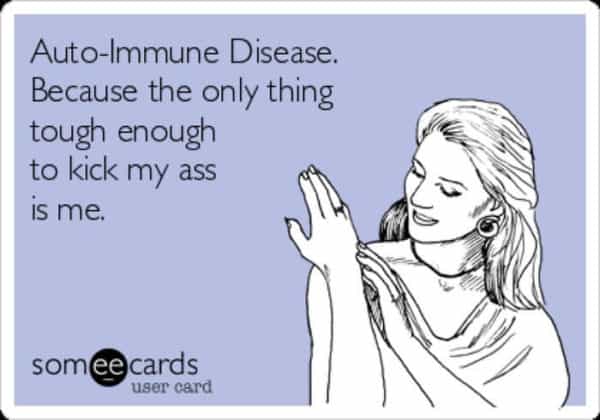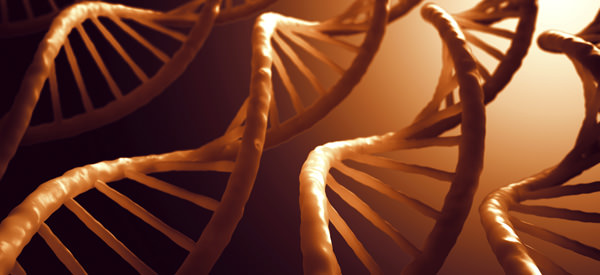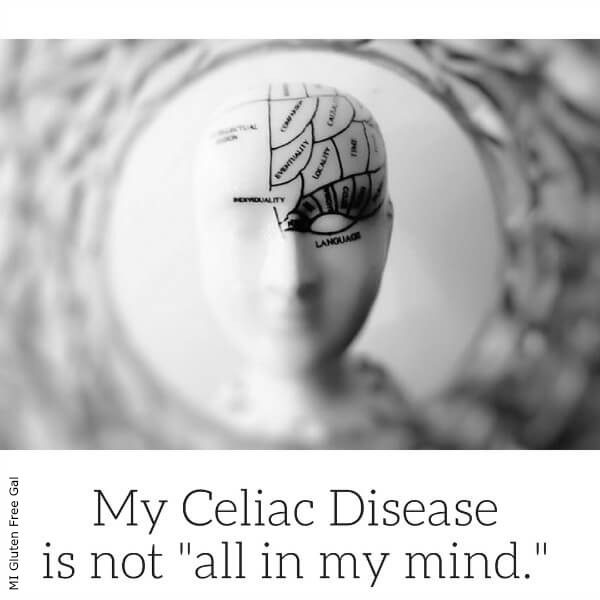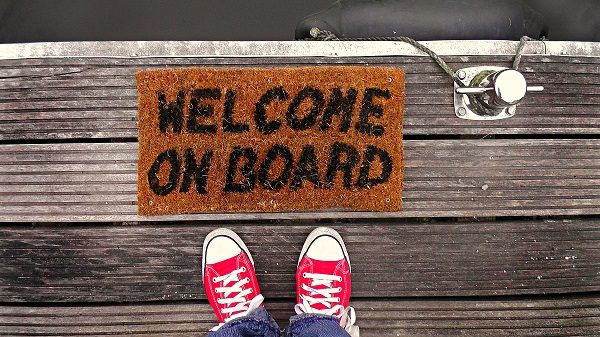What is Celiac Disease?
As an Amazon Associate and member of other affiliate programs, I earn from qualifying purchases.
What is Celiac Disease? What does it do to your body? How do you even get tested? I’m hoping to answer this and more for those who are curious. Maybe you’ll learn something or share it with someone else. Either way, I hope to make living with this disease a little less overwhelming, for us all.

Celiac Disease is An Autoimmune Disease, Not a Food Allergy
Celiac Disease is an autoimmune disease. This can be confusing because sometimes you’ll even hear someone with Celiac Disease refer to it as an allergy when we’re eating out. (More on that on another day.) An autoimmune disease is a “disease in which the body produces antibodies that attacks its own tissues, leading to the deterioration and in some cases the destruction of such tissue.”
Examples of other autoimmune diseases include Type 1 Diabetes, Lupus, Rheumatoid Arthritis, Multiple Sclerosis and more. To make it more interesting, autoimmune diseases are like birds – they like to flock together. When someone has an autoimmune disease, they are likely to develop another one later in life. We’re a blessed bunch, aren’t we?

Celiac Disease is Genetic
Celiac Disease is also a genetic disease. This means that the “code” for this disease is passed on through our genes to our offspring. For example, my grandmother and father both have Celiac Disease.
Interestingly enough, simply having the genes for this disease does not automatically mean that you will develop it. Thirty-five to forty percent of the general population carry the HLA DQ2 or HLA DQ8 genes, but only 1% of them will actually develop Celiac Disease. This is why genetic testing is not sufficient to diagnose the disease. Only to rule it out.
How Does One Get Tested for Celiac Disease?
So how does one get tested for this autoimmune disease? The two B’s – blood work and biopsy. And for these tests to be accurate you have to “B” eating gluten. (See what I did there? I’m so punny.) Doctors traditionally order a Celiac Disease panel that screens for the tTg, EMA, and DGP antibodies. I explain this more in depth on my post on how to get tested for celiac disease, accurately.
If those come back with a high level of antibodies, the next step is a small bowel biopsy done via endoscopy Before you panic, an endoscopy is performed by passing a tube through the throat, so there’s no need to drink the “junk” prior to this procedure. People sometimes comment that it’s highly invasive. Sure, there are some tissue samples, but more cutting and anesthesia is given when someone has their wisdom teeth out. It’s really not that bad. At least in my opinion.

How Does Celiac Disease Affect the Body?
As I mentioned above, the antibodies created by ingesting gluten destroy the body. Specifically, the antibodies destroy the villi that line the intestinal wall. Villi (vill- eye) are small finger-like projections that line the wall of the bowel. They’re little nutritional vacuums, sucking up all the vitamins and minerals from the food we eat.
They absorb the calcium we need for strong bones, the iron we need for red blood cell production, the B6 vitamins we need for metabolism. The list goes on and on. Without those little guys, we’re one big heap of malnutrition. Our body systems can’t function properly without those nutrients, which is why Celiac Disease has so many symptoms and is often misdiagnosed.
What Symptoms Does Celiac Disease Cause?
Due to this malnutrition, Celiac Disease causes some very unpleasant symptoms. Some of these issues can be embarrassing. Before I was diagnosed, I had the most foul smelling gas. I had chronic constipation. Some symptoms can be painful. Joint pain plagued me all throughout college
Some of the symptoms can be dangerous. There are many times that I had racing heart rates, which made me anxious that I was having a heart attack. Beyond Celiac shares a list of celiac disease symptoms, as well as a symptom checklist you can share with your doctor.

It’s Not In Your Head. It’s in your Gut.
Among these symptoms are also neurological and mental health issues. I think this is important to include, as anxiety and depression is on the rise in this country. While these are very real diseases which often require medical intervention, it’s worth mentioning that the food we eat can play a large part in the way we feel emotionally.
There are those with Celiac Disease who may never have physical symptoms from ingesting gluten, but have very serious panic attacks. I personally had one every morning for a year prior to my diagnosis. It’s definitely not fun. I also share this for those who may think that “a little” gluten won’t hurt someone with Celiac Disease. Please don’t mess with our food, because it can literally mess with our minds.
Celiac Disease is Life Changing, Not Life Ending
Celiac Disease changes more than our bodies. It changes our relationship to food, and often to other people. Social engagements often revolve around food, therefore we need to learn to navigate relationships as well. However, this disease does not have to define us or feel like a death sentence. In fact, a gluten free diet helps our bodies to heal so we can live our best life.
However, it often feels overwhelming, especially in the beginning. Let’s take some baby steps, together, in a series of articles I’ve written. First, let’s learn about the gluten free diet, and what’s safe and unsafe to eat. Next, let’s discuss how to take care of ourselves after receiving our diagnosis, both physically and emotionally. Lastly, we’ll discuss venturing outside of the home to eat with others, and resources that can help us learn more about this disease, and keep us healthy.

Welcome to the Celiac Family
Hopefully this primer has been helpful. Please know I have a whole category on my website devoted to living with Celiac Disease. It includes articles about research, food labeling, and so much more. I also have a post about “Celiac Disease Truths I Wish you Knew,” that contain images and memes you can use to educate others.
Last but not least, a few things you I want you to “hear.” One, you did not cause this to happen to you (or your children.) It happens, so please lay aside any guilt you may have. Also, please know you are not alone. There are many in our community who are eager to help. Email me or reach out to me on social media anytime!
Let’s help spread the knowledge. What’s one thing you’d tell someone who is newly diagnosed? What insight or encouragement would you share? Add it in the comments below!
Originally Published May 2016

What I’d say to someone newly diagnosed: Talk to a professional nutritionist or dietician and bring all your questions to that person. There is SO MUCH scary and contradictory information on the internet and it’s really helpful to have a professional. Also: Yes, it is overwhelming at first, but you’ll figure it out!
Amen to ALL of this. So much misinformation on the Internet. Definitely should talk to a registered dietitian.